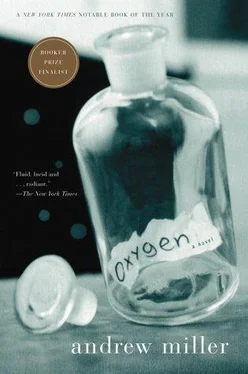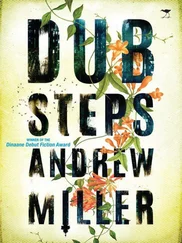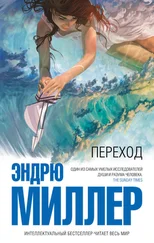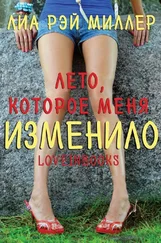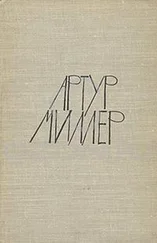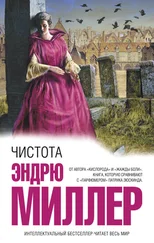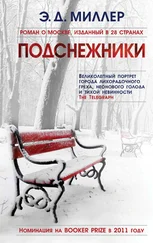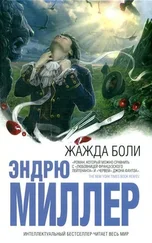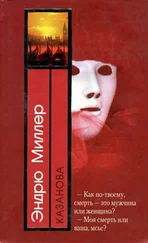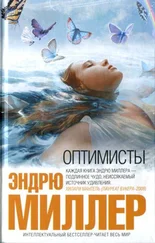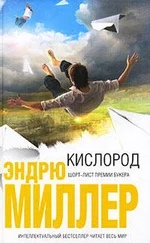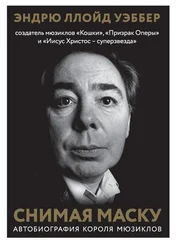‘The place doesn’t look too bad on a day like this,’ said Rupert. He was standing with Kirsty in the shade of the house.
‘Oh, I think it’s heavenly,’ she said.
‘Old fellow from the village mostly. Can’t understand a word he says but he’s reliable. Steph’s the brains behind it all.’
‘It was kind of you to let us come.’
‘Not at all.’
‘I think she’s OK now,’ said Kirsty, watching Alice pause to lean her face into the heart of a large yellow rose.
‘Still,’ said Rupert, ‘it must be wretched for her.’ Then in a voice that was quite different, he added, ‘We lost Tom’s brother to leukaemia two years ago. They used Tom’s bone marrow but it didn’t help much.’ He grinned, as though his face suffered from a poverty of expressions. ‘Poor Tommy seems to think it was his fault. You know. Thinks he should have done more.’
When Alice started to slow down, a toy unwinding, they brought out a chair for her and tried to coax her into the shade. They were solicitous and complained that she was overexerting herself, but she insisted they set the chair on the grass in front of the willow. Alec helped her to sit. She clutched at his hand and told him it was the garden she had come back for. Nothing in the house had helped her–who were those people? – but the tree was miraculously unchanged. The perfectly kept secret of itself! The same tree she had seen each morning from her bedroom window as she got ready for school. The tree behind whose branches she had hidden with Samuel, her head on his shoulder, Sunday afternoons before he took the train back to London. The tree she had stood beside the night she went out to rescue her father. The night he told her about the flame-throwers. Did he know about that?
Alec nodded. He had no idea what she was talking about. And could this really be the same tree? He had his doubts. But her face had acquired that particular waxy glaze that meant her pain was on the flood. ‘We ought to go,’ he said.
She gestured with her hand. She wanted to stay a little longer. Sit there on her own. She was expecting someone. She didn’t know who. Not yet. But someone. ‘I’m very tired,’ she said. ‘Don’t know if I can stand up again.’
‘I’ll help when you’re ready,’ he said.
‘Will you?’
‘When you’re ready.’
He crossed the garden and joined the others on the patio, where they had gathered under a sun umbrella.
‘Everything all right?’
‘Fine,’ he said.
Stephanie brought out a jug of home-made lemonade, and for twenty minutes they made small talk, a shrill to-and-fro of pleasantries that only Ella felt free to ignore, twisting in her seat to stare at Alice’s back, at those fascinating creatures slung over her shoulders, those little savage heads, their glass eyes prinked with sunlight. It was a sight she would remember even into middle age, long after she had forgotten the house and the people who lived there, or even why they had gone. She asked about it when her mother came to visit her and the grandchildren in New York (the Thanksgiving of 2037), but Kirsty had no memory of mink heads, though she could recall, she said, clear as day, the storm on the drive home, and, of course, the birthday party the following week. And all that that entailed.
When the phone rang he snatched up the receiver, certain it would be his contact giving him a time and a place to hand over the bag, but it was the automated wake-up service informing him that it was 8.30 a.m. He lay back on the pillows. He was in a large clean bed in a large clean room. Muted colours, everything new. A large window with a net curtain looked over the narrow street. There was very little noise. Filtered sunlight fell on the glass-topped table.
For another half-hour he drowsed, then dragged off the sheets and went through to the bathroom, opening the complimentary bottles of shower gel, shampoo, conditioner, and standing under the shower with his face turned up to the jet. He had, he reckoned, stayed in over two hundred different hotels in the last twenty years, sometimes for pleasure, but mostly on work trips, ‘business’ (as if he had a business!). Places where he waited for an interview, for a discussion with a producer, a call from home. Rented space where the life of the last tenant was often still apparent in a trace of tobacco smoke or a hair laced around the plug chain. Sometimes much grosser evidence. In a hotel in London he had once found a splash of blood on a bathroom tile, and in a good hotel in Dublin – recommended – an unflushable human turd.
At the Hotel Opera on Révay utca, breakfast was included in the price of the room and served in a restaurant on the ground floor. On his way past the front desk, László raised a hand in greeting to the waist-coated receptionist with whom he had left the black bag the previous evening, though not before he had looked inside it in his room, disappointed to discover that whatever was in there had been thoroughly wrapped: an outer skin of waxed brown paper and beneath it what felt like a thick layer of plastic sheeting. He had been tempted to make a small incision, just big enough to see the stuff itself, but kneeling beside the bag with his nail scissors he had lost his nerve, afraid that his trespass would be discovered and somehow punished. He had the receipt for the bag in his wallet: a slip of green paper like a ticket for clothes at the dry-cleaner’s.
The restaurant was doing a brisk trade. A lot of German was being spoken, some English, some Japanese. When he asked for a table the waitress seemed slightly surprised to be dealing with a Hungarian. She found him a quiet place next to a pair of fine-boned, grey-haired ladies, whom László immediately decided were artistic spinsters heading off for a day at the National Gallery, where they would take an informed interest in winged altar pieces. They bid him a cheery ‘Grüss Gott!'. He nodded to them and smiled, and crossed to the buffet to make his selection for breakfast. Salami, mangoes, little French cheeses wrapped in foil. Sugary cakes. High-fibre cereals. Hard-boiled eggs. Odd how unappetizing it was, heaped together like this, the catering manager’s vision of plenty.
He drank two cups of coffee (too weak), ate half a grapefruit (not bad), and returned to his room, where he brushed and flossed his teeth. He had been booked in for three nights, with an option to extend, though please God it would all be over before then. There was nothing to do now but wait, and he hated waiting. He lay back on the bed, massaging his chest and thinking of the hundred and one things that might go wrong. Then he buttoned his shirt, put on his blue Nino Danieli jacket, checked himself in the mirror, scowled, and fled into the streets.
Emil was right, of course: the place had not changed much in six years. There was more traffic, more of the brand names one would expect in Paris or New York. More bars and casinos and sex clubs (their neon boasts – ‘Beautiful Nude Girls Inside!’ – almost erased by the glare of the sun). More tourists too, gangs of them with floppy hats and brightly coloured knapsacks, peering at buildings, staring at menus, vying with each other, it seemed, to be most like a tourist. But on the broad pavements of Andrássy ut the young women still walked arm in arm with just the right degree of sexual boldness, and in the gloom of the street corners the men still smoked and gossiped like amiable shades in the vestibule of Dante’s Inferno. The same air of indulgent melancholy, the wry humour. It was still Budapest.
He called at the Writer’s Bookshop on Liszt Ferenc ter, drank an espresso at the cafe there, then turned towards the river, passed the new Bank Centre on Anany János ut with its slabbed marble hide, walked through Szabadsag ter, and came out on to Steindl Imre utca, where immediately he felt some barometric shift in the atmosphere, as if the density of the known, the familiar, the ingrained, had subtly increased. Behind the new coats of paint and the rows of German and American cars (not the latest models, of course, and it was not hard to find old Skodas and Trabants), this was the old neighbourhood where the past of fifty years ago loomed like a tinted print under tissue paper. And it was here, in ’91, that a voice had called out his name and he had turned to see the face of his old school-friend, Sándor Dobi – Sándor the questioner! – and though that face had grown slack with time, darker, less nervously resolute, there had been no hesitation in László’s response. They had embraced, and over lunch become as drunk as students, stumbling over their stories. Sándor had spent twenty years in America – the construction industry, then a small restaurant business – and had two daughters in Minneapolis, and two ex-wives with whom he was still on excellent terms. ‘Fine times,’ he said, as they broached a fresh bottle of Palika. ‘But my dear Laci, in the end you have to come home. Nowhere in the world will fill your heart like the place you first saw the light.’
Читать дальше
